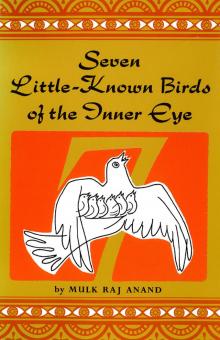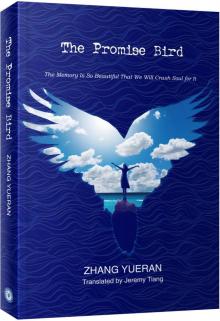Seven Little-Known Birds of the Inner Eye


Author: Anand Mulk Raj 1905-2004
Category: Other2
Published: 2014
Series:
View: 138
Read OnlineIn this fascinating, informal approach to art appreciation, an eminent Indian scholar reveals the crucial difference between merely looking at and really seeing painting and sculpture, drawing and architecture. And to the open-minded and sensitive observer, he shows how simple perceptions can be transmuted into darshana—the pure delight of union with the inner life of a work of art.The presentation is poetic, not technical, directed toward the general reader rather than the specialist. The author begins by symbolizing certain powers of the imagination as the "seven little-known birds of the inner eye." Then he traces these energies of the "body-soul" through a wide range of aesthetic response—from the first, almost involuntary discriminations lines, colors, and forms to the insights attained by the "third eye" of total vision.Illustrated and discussed are the superb murals and breathtaking architecture of India; ancient symbols and modern experiments;...
The presentation is poetic, not technical, directed toward the general reader rather than the specialist. The author begins by symbolizing certain powers of the imagination as the seven little-known birds of the inner eye. Then he traces these energies of the body-soul through a wide range of esthetic response?from the first, almost involuntary discriminations lines, colors, and forms to the insights attained by the third eye of total vision. Illustrated and discussed are the superb murals and breathtaking architecture of India; ancient symbols and modern experiments; the landscape paintings of Sung China and the works of major Western artists.
The presentation is poetic, not technical, directed toward the general reader rather than the specialist. The author begins by symbolizing certain powers of the imagination as the seven little-known birds of the inner eye. Then he traces these energies of the body-soul through a wide range of esthetic response?from the first, almost involuntary discriminations lines, colors, and forms to the insights attained by the third eye of total vision. Illustrated and discussed are the superb murals and breathtaking architecture of India; ancient symbols and modern experiments; the landscape paintings of Sung China and the works of major Western artists.
 The Promise Bird
The Promise Bird A Wolfe Brothers Christmas
A Wolfe Brothers Christmas Undercover Love: A BWWM Romance
Undercover Love: A BWWM Romance Just a Bite
Just a Bite Blood and Prophets
Blood and Prophets Ten Missing Children
Ten Missing Children Famous by Association
Famous by Association Want
Want